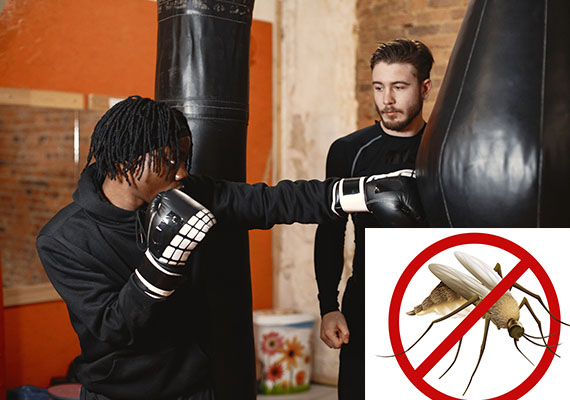World Contraception Day: knowing the options is Important

World Contraception Day takes place on September 26th every year. It is an annual worldwide campaign to improve awareness of contraception. The goal is to allow women to make informed choices about their reproductive health, when a pregnancy is intentional.
With the wide variety of contraceptive methods available, choosing a most suitable form can be discouraging for many teens and even adults. This fact is fueled by the myths surrounding the subjects. Also, most young adults are not informed enough on what birth control is and the different types available for convenient use.
The World Health Organization states in an article released on its website on the 22nd of June 2020, that "Among the 1.9 billion Women of Reproductive Age group (15-49 years) worldwide in 2019, 1.1 billion have a need for family planning; 842 million are using contraceptive methods, and 270 million have an unmet need for contraception [1,2]". While visiting the Etoug-Ebe Baptist Health Center in Yaoundé to find out if women of the reproductive age use contraception, we met a 23-year-old young mother who was not happy with the choice of birth control she had taken (the contraceptive injection) because of some side effects she started noticing. The health personnel we met, Mrs Azah said, mostly women who followed up with their antenatal visits in the facility later come for contraception so as to delay future pregnancies.
Types of contraceptive methods
In other to make the right choice when it comes to finding the birth control method that could be suitable for you, you ought to first of all know the types that exist for both males and females. Which method works best for you will also depend on a number of factors, including your age, whether you smoke, your medical and family history, and any medicines you're taking.
These methods are: caps or diaphragms, combined pill, condoms, contraceptive implant, contraceptive injection, contraceptive patch, female condoms, IUD (intrauterine device or coil), IUS (intrauterine system or hormonal coil), natural family planning (fertility awareness), progestogen-only pill, and the vaginal ring. There are 2 permanent methods of contraception: female sterilisation and male sterilisation (vasectomy)
Always start by finding out about the methods of contraception you can choose from, including how they work, who can use them and possible side effects. Remember that all birth control methods are supposed to be used alongside condoms so as to prevent sexually transmitted diseases, STDs.










